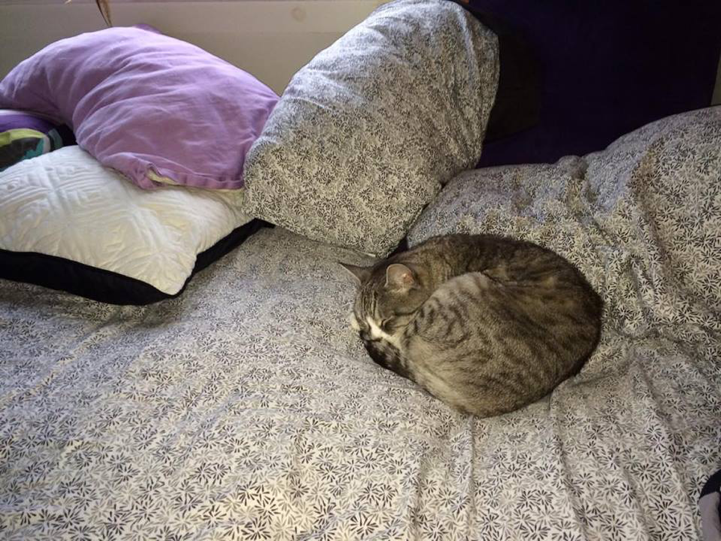Jayna Hamilton
As I sit at my desk with my computer and textbooks in front of me, I watch as the clock reaches 2 a.m. I consider all the assignments I have due this week, piled on with my interviews for co-op and shifts at my part-time job. It feels physically impossible to finish everything on time and still get a good night’s sleep.
For many students, this scenario might sound familiar. In university, the task of meeting deadlines and keeping up with other responsibilities is stressful. Equipped with an abundance of caffeine and a fully charged laptop, the phrase “this is going to be an all-nighter” becomes common.
While most of us might think that sacrificing sleep to meet deadlines is necessary, it is important to realize the crucial role that sleep plays in our overall health and ability to learn.
In order to fully understand how sleep can improve a student’s life, here are three reasons why students should make sleep a priority:
- Sleeping can improve your mental health. According to a study done by the University of Pennsylvania, it was proven that subjects who were limited to only 4.5 hrs of sleep a night for one week felt more stressed, angry, sad, and mentally exhausted. It was only after the subjects resumed a normal sleeping pattern that they reported experiencing improved moods.
- Getting enough sleep can help keep the mind healthy, while lack of sleep can actually limit a person’s ability to learn, listen and concentrate. By getting enough sleep it will keep your brain functioning at its very best, and help you do better on your assignments.
- Naps can help you concentrate. Even if you don’t have time for a full night’s rest, according to The Sleep Organization a 20-minute nap is enough to enhance motor skills and attention span. A 90-minute nap can even make new connections in the brain and help solve problems. Instead of feeling like you don’t have the time to sleep because you are so overwhelmed, remember that naps are also an option.
There are always going to be deadlines in university, but that does not mean that students need to suffer. Looking for some tips about how to avoid those stressful nights before an assignment is due? Here are a few:
- Buy a planner. Try and avoid leaving things until the last minute, and plan out your days so you don’t get overwhelmed.
- To-do lists are your friend. By segmenting your time and giving yourself reasonable tasks to accomplish, you can stay on track and get to bed on time.
- Don’t sleep with your electronics. Limit your cell phone and computer use before bed, so you don’t have the option of being distracted instead of sleeping.
By using these tips for success and understanding the implications that lack of sleep can have on your mental health, consider how you can make yourself a healthy sleeper.
Remember, as Thomas Dekker once said, “sleep is that golden chain that ties health and our bodies together.





